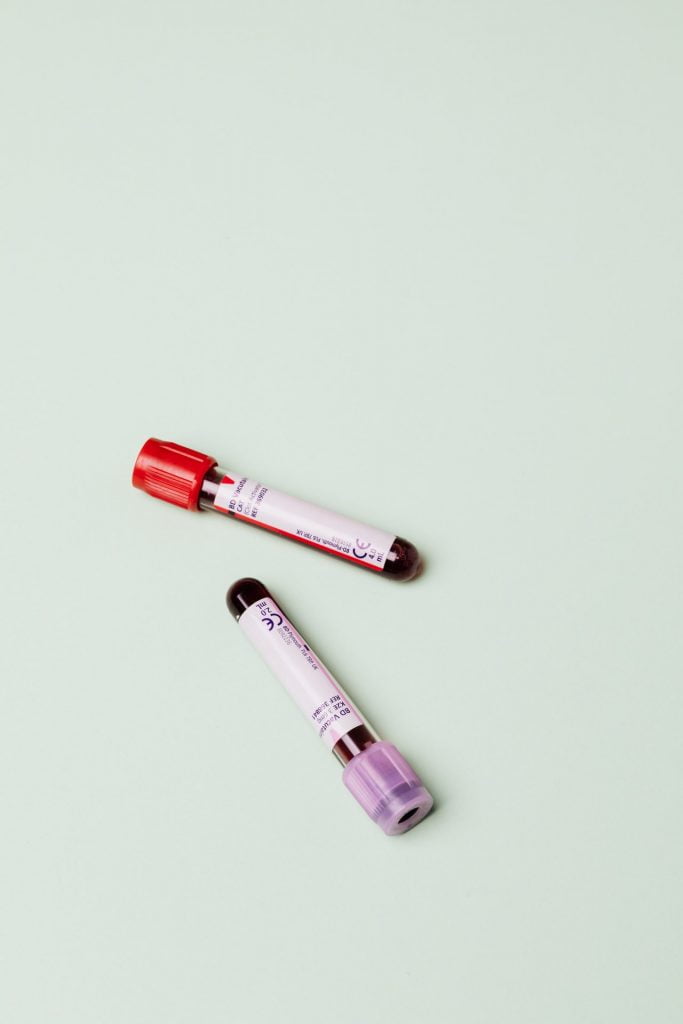
The science behind DUI defense is incredibly complicated and involves principles of alcohol metabolization, absorption processes, and how alcohol affects a person at different stages. Officers are given some training on this, and there are a couple of pages in the standardized field sobriety testing manual dedicated to absorption.
Alcohol does not immediately jump into a person’s blood and into their brain after the first sip; someone who takes a shot of alcohol and is acting drunk two minutes later is fooling themselves into believing they are drunk, because alcohol just doesn’t work that way. For alcohol to absorb fully and reach its peak effects, it takes a minimum of five minutes and a maximum of three hours, with the average being somewhere around 30-45 minutes. Scientifically, this causes problems for proving that someone’s blood alcohol concentration was at a certain level at the time of driving. For example, if I take a shot and then get into my car and drive to a liquor store, then the alcohol will not yet be absorbed in my bloodstream, and therefore it will not yet be affecting me. However, once I am ready to drive home from the liquor store, it may have absorbed, and therefore might be producing effects of intoxication.
Understanding the science of absorption and elimination is key to demonstrating that at the time of driving, the defendant’s blood alcohol was not what it was at the time of the test. It is also possible that the blood alcohol concentration at the time that the blood sample was collected is not the same as the alcohol concentration at the time the sample is tested several days or weeks later. This is because of fermentation, which occurs when microorganisms consume glucose in the blood and excrete ethanol. If these microorganisms are in the blood sample (which is likely to be the case if the sample is not properly stored or if the blood tube does not contain an appropriate amount of
preservative), then the alcohol concentration can actually rise while the blood is in the tube. This means that the government’s results will not be representative of the alcohol concentration at the time of the blood draw, let alone at the time of driving.
As of result of having taken all of the trainings that police officers take with regard to DUI science (including the Advanced Roadside Impaired Driving Enforcement (ARIDE) class); spending time in laboratories preparing, processing, and testing blood samples on a gas chromatograph; and working with some of the world’s leading experts on fermentation science, including people who have run the L.A. County and Orange County crime labs, I am in a unique position to be able to spot these issues and cross-examine the government criminalist.
What Are Some Possible Defense Strategies That You Find Effective In DUI Cases?
There are many defense strategies employed in DUI cases. For example, the validity of standardized field sobriety tests can be challenged on the basis of how they were administered, and blood draws can be challenged on the basis of not having been done in accordance with accepted medical practices (i.e. in a way that was unsafe and likely to increase the risk of infection or pain). These strategies could lead to a suppression of evidence, which means the government would be disallowed from using that evidence at trial.
We’re certainly going to review any video footage that’s available, including dashboard and body camera footage. We want to see for ourselves how the defendant was driving prior to the stop and whether the initial stop was justified; if it wasn’t, then everything that happened during the stop would be thrown out. We also want to see how the defendant performed on the field sobriety tests, and how they were admonished. If the defendant was not informed of their right to refuse the test, then the results of the test may be inadmissible. In every case, there are myriad factors to consider in order to achieve the best outcome.
What Type Of Information Will You Need From The Client To Prepare A DUI Defense?
During an initial consultation, I will ask a client for a lot of information, including the information that the police officers wanted during the initial stop (e.g. how much the client drank before getting arrested, what they drank, when they drank, etc.). I will also want to see the DMV paperwork and citation, and will work on obtaining the police report.
I will ask the client why they were initially stopped by the police, what happened during the stop, what statements were made to the police, which field sobriety tests and chemical tests were done, and what type of medical issues could have affected the tests. Ideally, these discussions will take place while the information is still fresh in the client’s mind.
The client and I will talk about options for possibly resolving the case, the court and DMV processes, and possible diversion options. If there is an alcoholism issue or a drug abuse issue going on, then we’ll talk about the appropriate resources for them. Lying to a lawyer will never put a defendant in the best position; I will need to know the truth in order to set up the case in the best manner.
For more information on Science Behind A DUI Defense In California, an initial consultation is your next best step. Get the information and legal answers you are seeking by calling (323) 529-3660 today.










